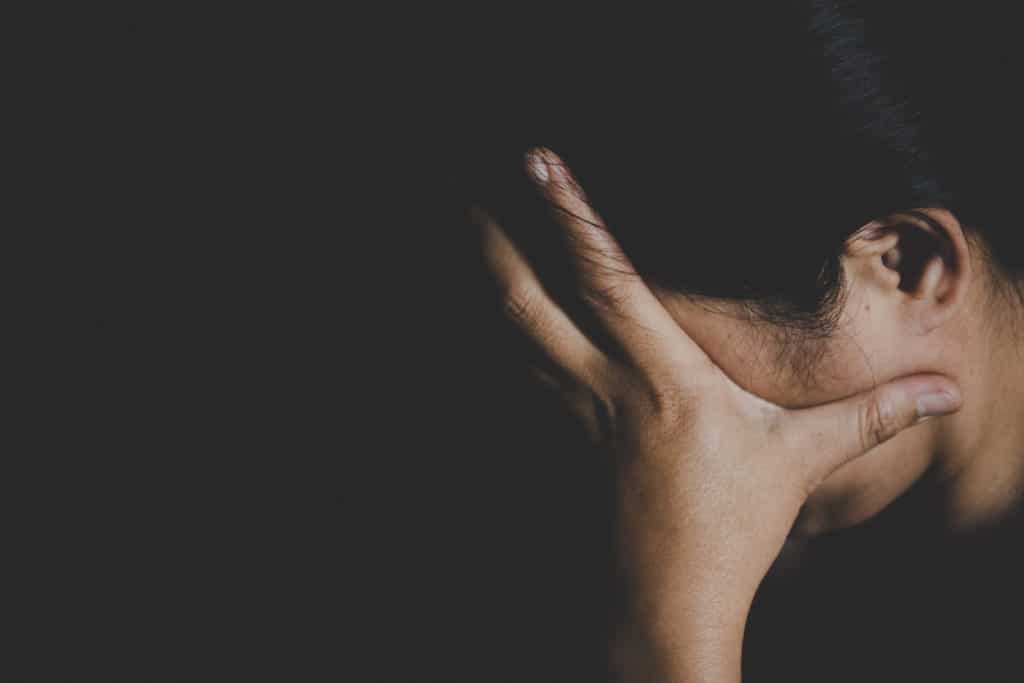If someone you love is not acting like themselves, you might worry about signs of addictive behavior or mental health disorders. How do you know what addiction looks like? Are there tell-tale signs, and if you see them, how do you help?
If you are looking for substance abuse treatment in Pennsylvania, Water Gap Wellness Center can help.
How Does Addiction Impact a Person?
Addiction can impact a person in many ways: psychologically, physically, mentally, emotionally, and behaviorally.
You might notice psychological changes like depression or anxiety, emotional changes like drawing away from friends and family or giving up beloved hobbies, or, notice physical signs like insomnia or weight loss.
But behavioral signs of addiction can be some of the most powerful indicators that it is time to seek help.
What Are the Behavioral Signs of Addiction?
Behavioral signs are a better indicator because they tend to be the same no matter what substance is being abused. Physical or psychological signs can vary depending on the drugs or alcohol consumed, making it more challenging to determine if a loved one needs help.
The most common behavioral sign is an extreme personality change without explanation. This might be a friend or family member not behaving like they once did, having extreme mood swings, being irritable all the time, or otherwise behaving in an uncharacteristic fashion.
Behavioral signs of addiction are not only personality changes or attitude changes but changes in action. For example, if your spouse was a top performer at work, with high energy, and no missed or late days, but they suddenly don’t perform well, have no energy, and are late all the time, it might be indicative of a serious problem, drugs or otherwise.
How to Talk to Someone With a Substance Use Disorder
If you notice signs of addictive behavior in someone you love, it is important to use the right words. Talking to someone with a substance abuse disorder can be tricky. Even the most well-intentioned and loving family or friends might accidentally say the wrong thing without realizing it, setting the individual back or dissuading them from getting help.
- Approach the conversation by letting your loved one know that you’re worried about them and listening to them describe what they’re going through. You should clarify that you are there to help them choose their next steps and not blame or judge them.
- Don’t rush the conversation. Make sure your phone is off or on silent and you don’t have another appointment to get to.
- Where you speak with them is essential. Pick a place that you know is column and supportive.
- Try to find out more about addiction and co-occurring mental health disorders to better understand what that person might be going through and what type of help they need.
- Listen to them very carefully. You don’t want the conversation to just be an opportunity to tell someone that you have found a good rehab center for them and let them know that you’ve noticed behavioral signs of addiction. You want it to be a two-way conversation where they feel safe and comfortable expressing their struggles and concerns with you.
- When you speak with someone about their behavioral signs of addiction, you must have a facility in mind that you can recommend. You don’t want your friend or family member to agree to get help and then lose that gumption because you don’t have a place for them to go.
Water Gap Wellness Center offers comprehensive addiction and mental health treatment in Pennsylvania. Contact us today to learn more.
Water Gap Wellness Center Offers Dual Diagnosis and Addiction Treatment near New Jersey
New Jersey residents can overcome signs of addictive behavior by starting with detox and ongoing therapy. Our dual diagnosis addiction center provides top-of-the-line mental health and substance abuse treatment. We don’t focus on getting you clean and pushing you out the door; we focus on providing tranquil accommodations in our preferred housing.
Our facility is a historic inn in the Pocono Mountains. You can relax in front of the stone fireplaces while you journal or travel across the hardwood floors as you watch the sunsets.
Each room has wifi, 44-inch televisions, housekeeping services, and more. We offer transportation to and from our facility with balanced meals three times per day. When you aren’t relaxing in your room, you are learning more about the behavioral signs of addiction in our individual and group therapy sessions.
These moments allow you personal time for reflection on signs of addictive behavior and the life skills you have learned to replace them.
The support staff will get to know you personally and guide you through any therapy you need. Medication management might help you treat a co-occurring mental health disorder after detox.
Reach out to Water Gap Wellness Center to learn how we can help you get treatment.




